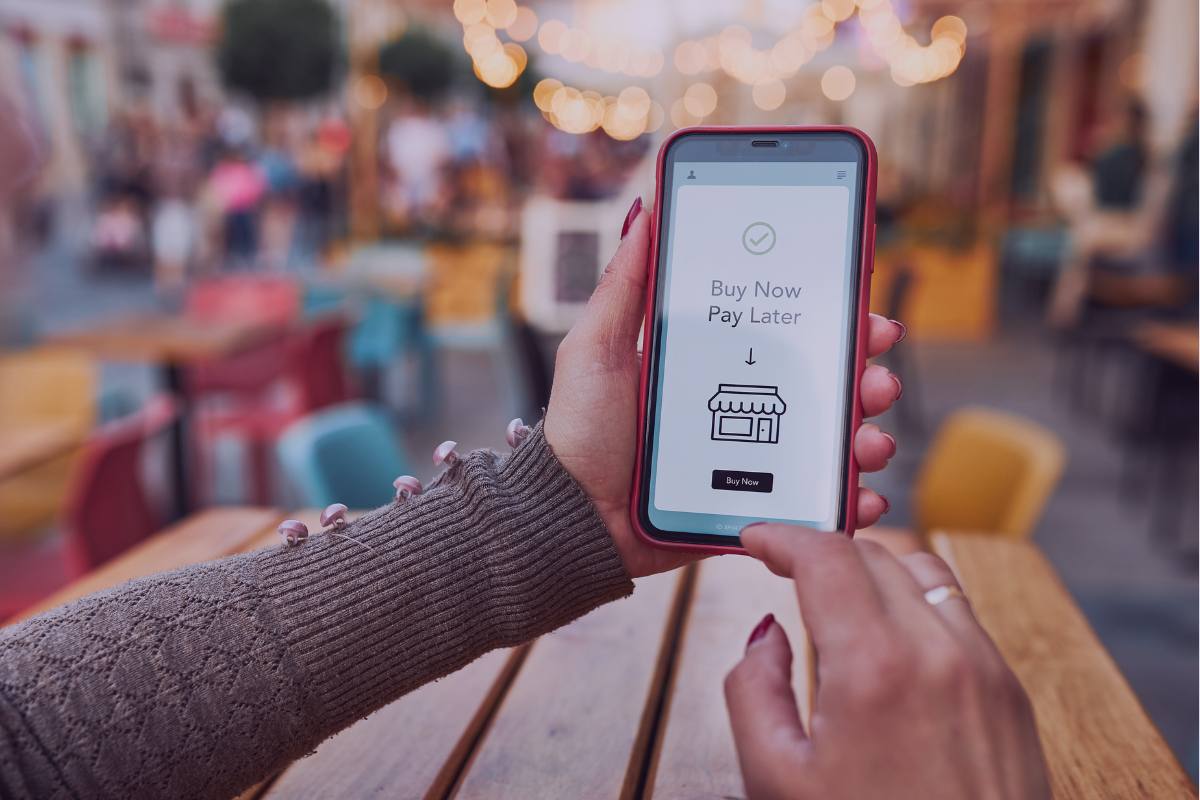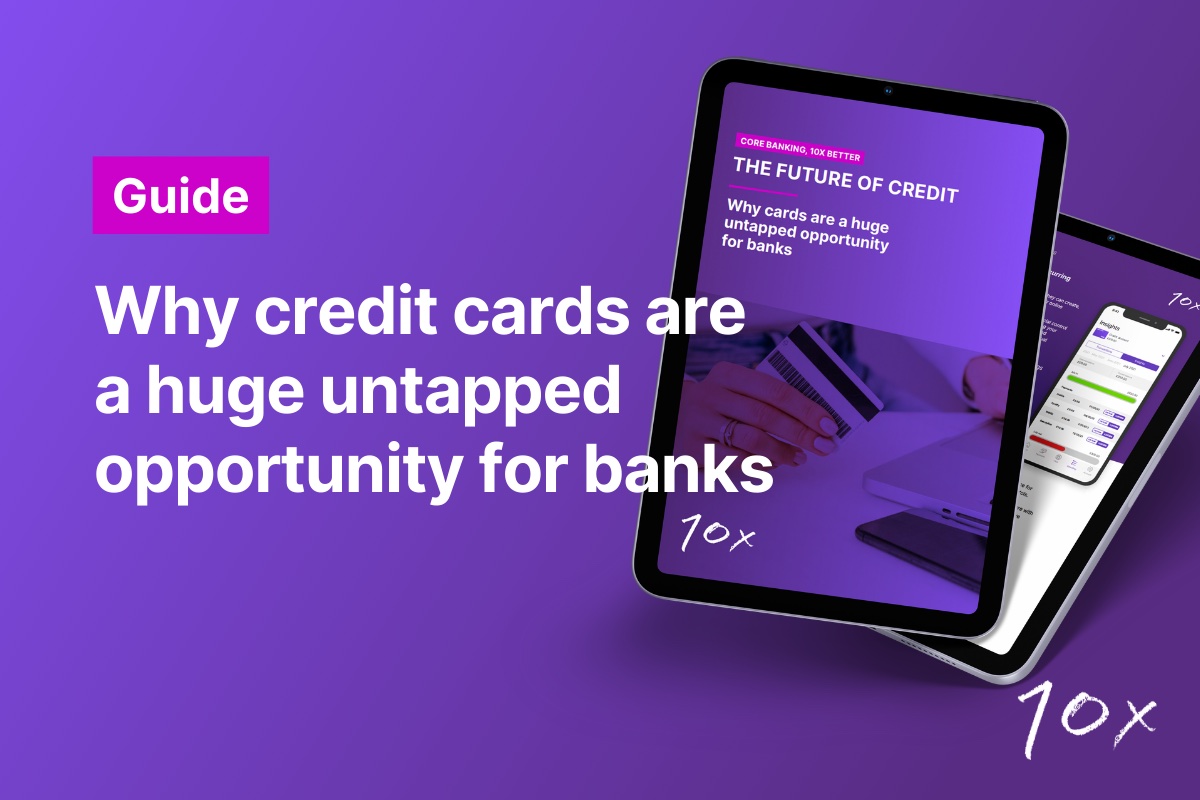In discussion with David Oppenheim – Global Head of Ecosystem Partnerships at Paymentology
In this interview, David Oppenheim, Global Head of Ecosystem Partnerships at Paymentology, explores the changing world of credit cards. From the biggest challenges to how operating models are shifting, David offers brilliant insights for credit card brands. This interview is also featured in our guide, The Future of Credit.
How have credit card propositions and supporting operating models changed over the years?
"It can easily be said that mainstream credit card propositions have changed slightly over the years. Well-established card operations and systems have supported large customer volumes for the major issuing banks and monoline credit card providers. The introduction of contactless cards has driven up the frequency of usage and adoption of mobile apps to help customers understand card spend. Still, the underlying credit card proposition has changed somewhat.
Evidently, credit cards are strongly linked to market conditions. In a post-covid world and with the fear of a recession, consumers are shifting back to credit card spending from debit cards. The market has changed, too, with many card program companies flourishing across markets. Technology has powered some new market entrants to provide more flexible credit card offerings, for example, using open banking data to target new customer segments and providing new credit card models like weekly cycles better suited to specific customer finances. Credit cards offer companies of all sizes profits due to the interchange fees and interest income generated from these.
Probably the most significant development has been the growth (and decline) of BNPL providers. The growth of BNPL has demonstrated the customer appetite for flexible and intuitive borrowing options at the time of purchase; the opportunity is there for credit card providers to leverage technology changes and launch their own flexible credit card alternatives.
It is particularly new models such as credit as a service that inflict new dynamics; any player can launch a card offering supported by a licensed institution. BIN sponsoring is now a model that is readily available and professionalized."
Where have the most significant advances been made?
"There are three distinct changes happening in parallel driving the increased uptake and usage of credit cards. Firstly, banking as a service (BaaS) & BIN Sponsorship models are making it possible for smaller entrants to create card programs, leveraging the licenses, technology stacks, and occasionally balance sheets of their sponsor banks. New players can launch and experiment or target niche segments in ways that simply wouldn't have been commercially viable before.
New data sources like Open Banking are enabling players to acquire, onboard, and underwrite customers with less friction and cost than before. Lastly, card usage (and acceptance) is rising globally, facilitated in part by the adoption and advancement of technologies around virtual and contactless cards. What does all this mean? A customer can launch a new program in months, and individual customers can apply, be credit-approved via Open Banking data, and be issued a virtual card to their phone in minutes."
Enjoying the blog? 10x, Paymentology, and Mastercard join forces to discuss the transformation opportunities in credit cards, follow the button below.
Which areas are yet to develop as you might have expected?
"Many financial institutions have focused on providing highly personalized propositions for customers. In the credit card industry, this has particularly revolved around providing reward packages that are tailored to individual customers and driven by identifying trends in customer spend.
Reward programs are certainly a big part of the credit card industry, but most of these are cash-back rewards linked to card usage. The lack of capabilities in small businesses is also an area that has not developed as we would have expected."
Any notable flops?
"One size fits all rewards are a thing of the past. We are in the world of hyper-personalization, and financial institutions (FIs) should know the customer, considering all the data they process."
What are your predictions for the future of credit cards?
"Credit card providers will seek to provide more flexible solutions to help customers better manage their finances, i.e., combining revolving credit accounts for day-to-day spend and installment accounts to spread the cost of larger purchases. Visa and Mastercard installment services will enable credit (and debit) card providers to provide flexible credit options to their customers at the time of purchase, which could be online or in-store – taking over where the BNPL providers have started. The cost of credit could be funded by the merchant or shared with customers.
More FIs and fintechs will turn to processors that can offer all-in-one services, enabling them to focus on client relationships, understanding their data, and growing card issuing, processing, fraud prevention, dispute management, etc. It is possible that the future will also result in blurred lines between loans and credit cards, meaning larger purchases could be made possible over time."
What are the typical pain points experienced by credit card brands which prevent them from making advances?
"The most significant problem for credit card providers is the limitations of legacy systems, whether they are in-house or provided by external partners. Many credit card programs are supported by technology platforms that were designed many years ago, that are typically inflexible and expensive to maintain. While the systems may support high-volume operations, they often don't have the flexibility to support new credit solutions."
How should banks evolve their credit propositions to meet the expectations of today's customers?
"Credit card providers should seek to develop new credit propositions with consumer engagement, trialing new credit solutions, and gaining feedback from customers. The providers should also seek to leverage the installment services developed by Visa and Mastercard. This facilitates integration with the merchants and the global service. Consumers are looking for a digital experience, which means self-service and mobile-first; it goes beyond a card. Providing a wallet, offering a way to keep connected simply and easily, track finances beyond debit/credit and fees, etc., is of tremendous importance.
A great credit card proposition and digital experience can lead to customers wanting to do more, gaining their trust, and establishing a relationship that is not possible with a credit card and SMS transaction notifications only."
What opportunities does Paymentology bring to credit cards and payments?
"Paymentology can enable global credit card issuing with flexible credit accounts, both revolving credit and installment accounts. We can also enable the adoption of Visa and Mastercard installments. The SaaS platform enables cost-effective small-scale trials of new credit solutions but with the potential for rapid scaling and global deployment.
Issuing cards and wallets are our core area of expertise, and we bring both next-gen tech and the right team to support a client's GTM, whether it is a replacement or a green field. We also have a short time to market; we can deliver a client's offering in just 12 weeks."
To learn more about the future of credit, download our free guide – The Future of Credit: Why Cards are a Huge Opportunity for Banks.



